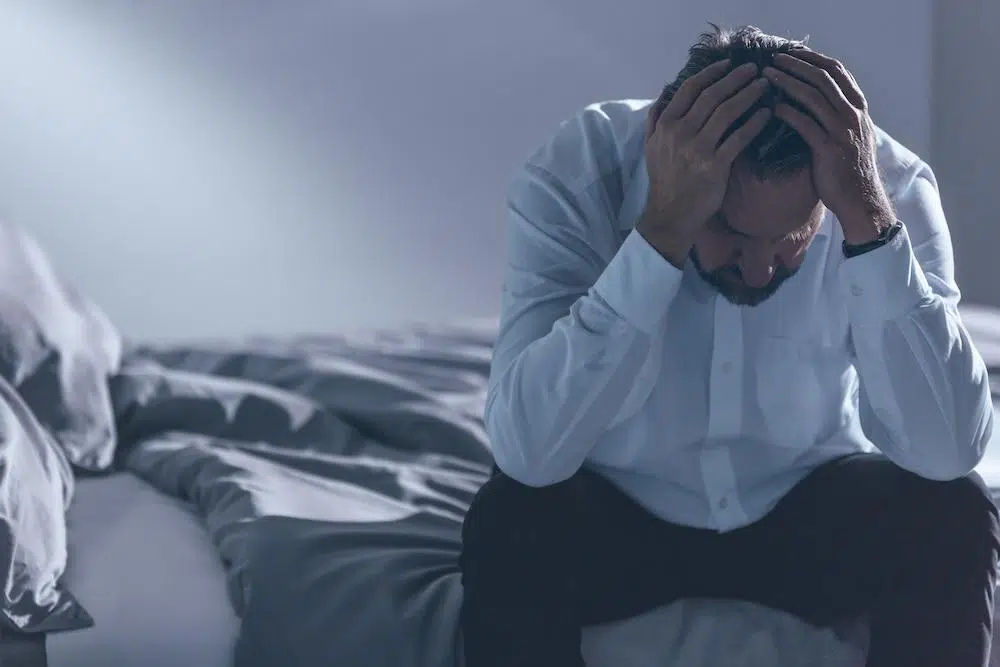Mental health Insights

When unexplained feelings of anxiety and fear creep up out of nowhere, they can leave you feeling breathless and overwhelmed. These episodes may be related to a panic disorder, a mental health condition that affects about six million adults in the United States.

Having occasional anxiety is a normal response to stress. But if increasing anxiety is having a negative impact on your life, it may be time to consider professional help.

The ongoing COVID-19 pandemic has uprooted many aspects of our daily lives. The coronavirus has increased our concern for our health and the health of those we love. The challenges we face about our kids, our jobs, and the future can leave even the calmest people feeling anxious.

The experiences associated with a phobia can be overwhelming and isolating, but you don’t have to face them alone.

Even the best of relationships can be challenging at times. If you’re struggling to see eye to eye with your partner, a family member, or a friend, the team at Thriving Center of Psychology can help.

Post-traumatic stress disorder (PTSD) is a type of anxiety disorder that can develop after a traumatic event. The signs of PTSD can be complex and confusing, leaving you with increased anxiety about your health and behavior.

Events from your past can leave a long-lasting impression on your future. At Thriving Mind Psychology, our experienced therapy team understands how trauma can impact your present and future physical, mental, and emotional health. Our providers are skilled in diagnosing and treating the acute and chronic side effects of traumatic events.

Anger can stem from everyday situations or life-long struggles. While there are many reasons that feelings of anger can be triggered, it’s ultimately up to you to control how you react to certain situations. This is especially important in the day and age of social media, political upheaval, and social divide.

